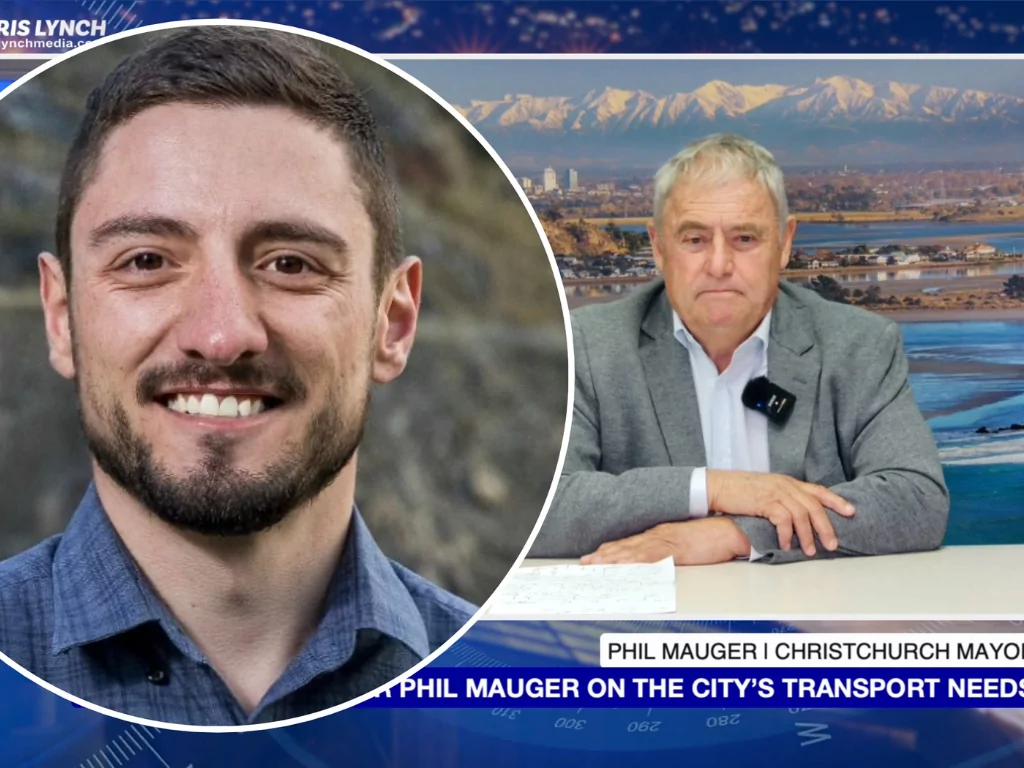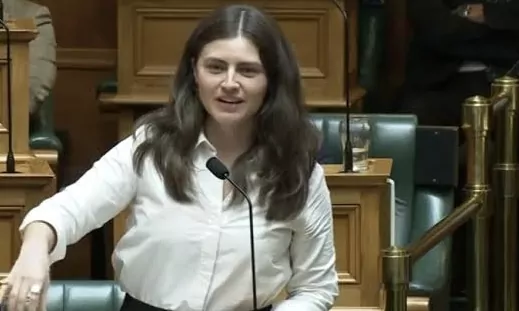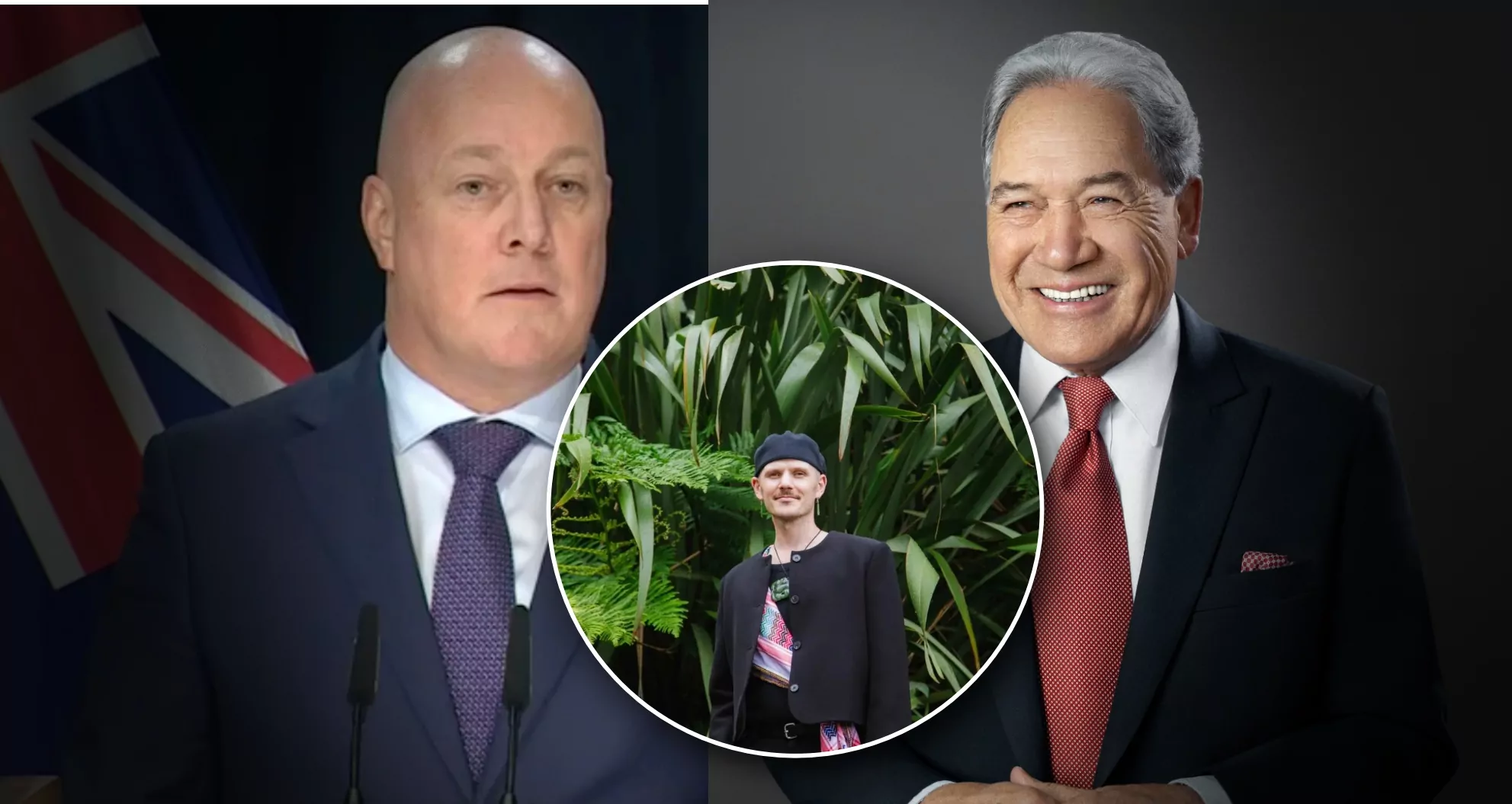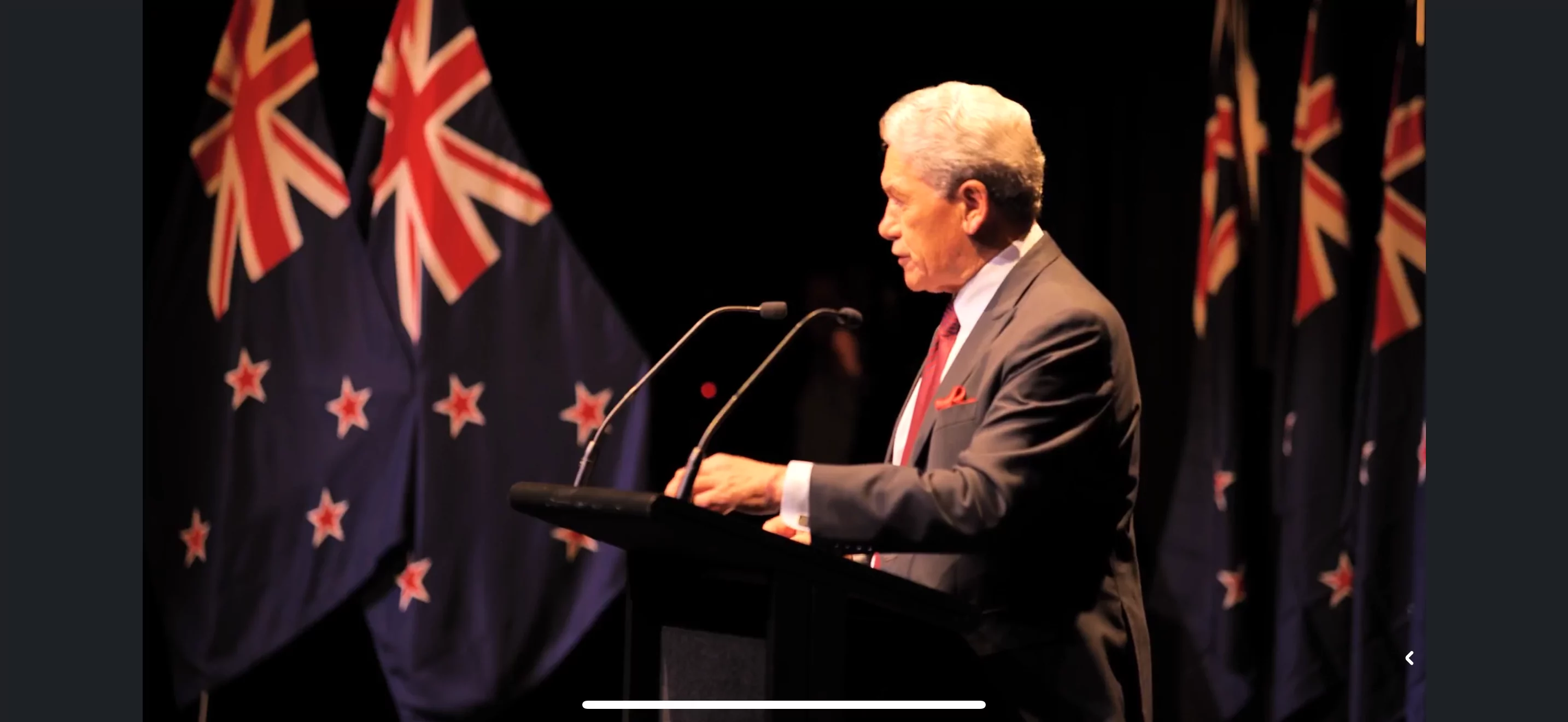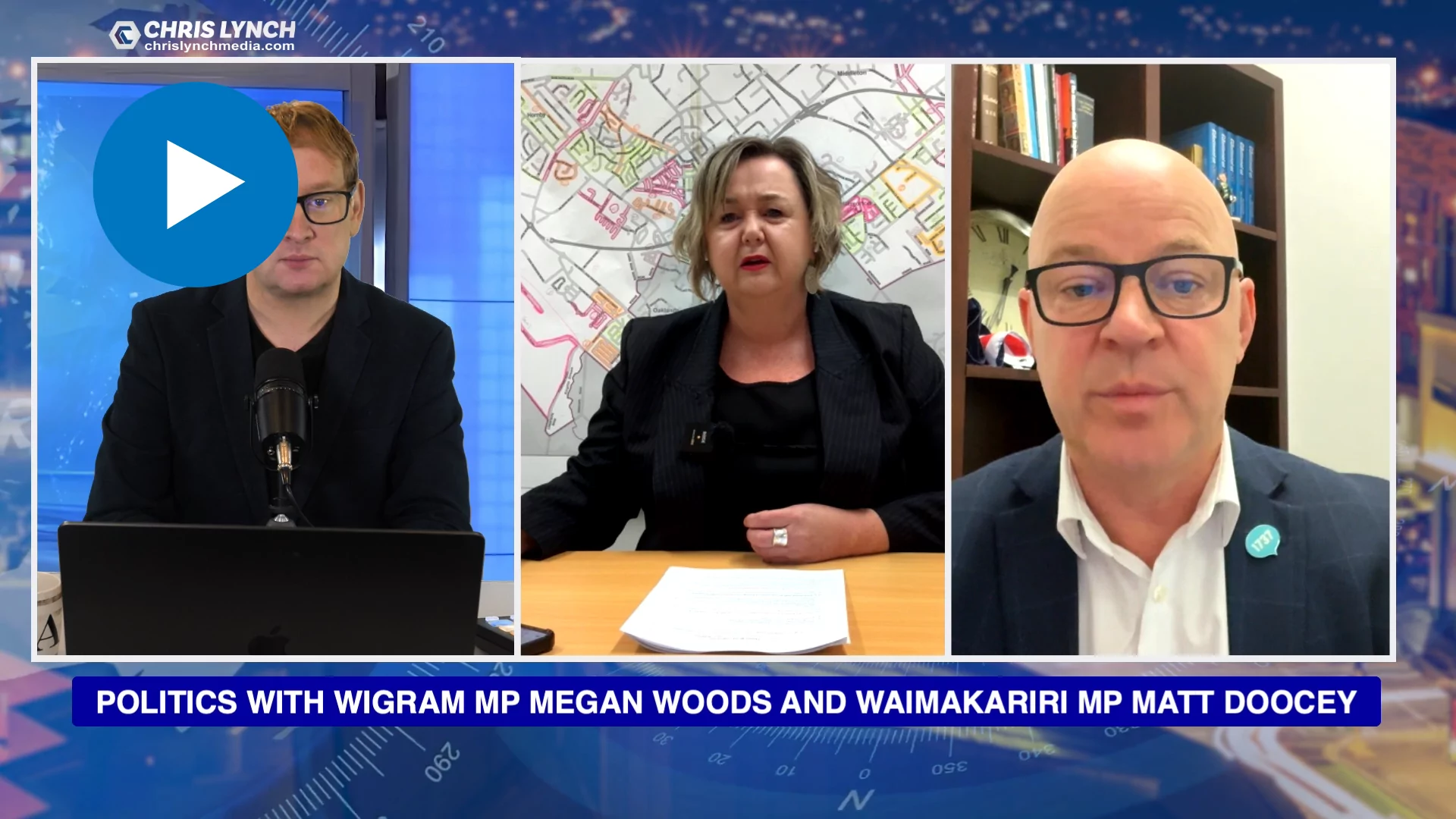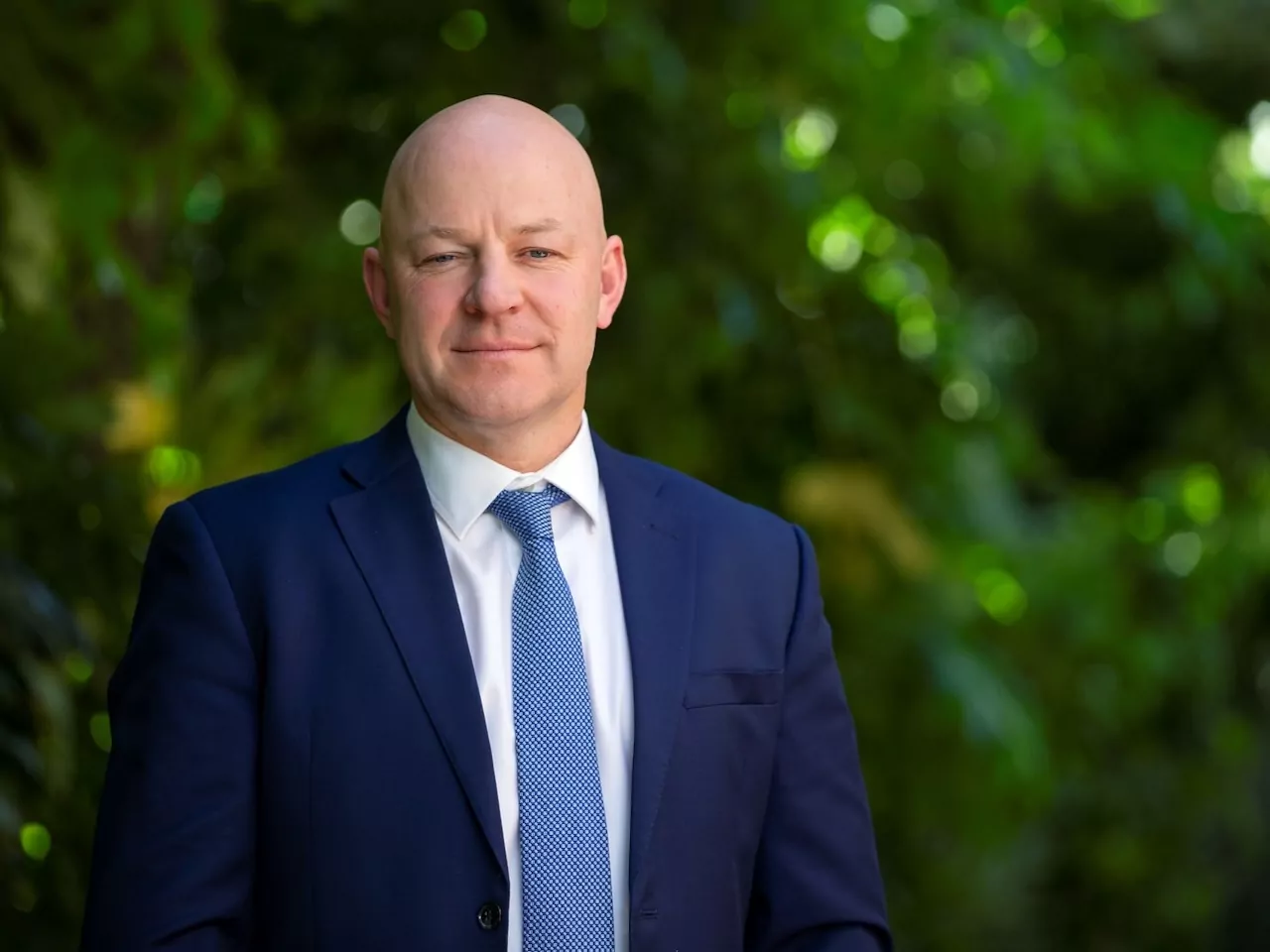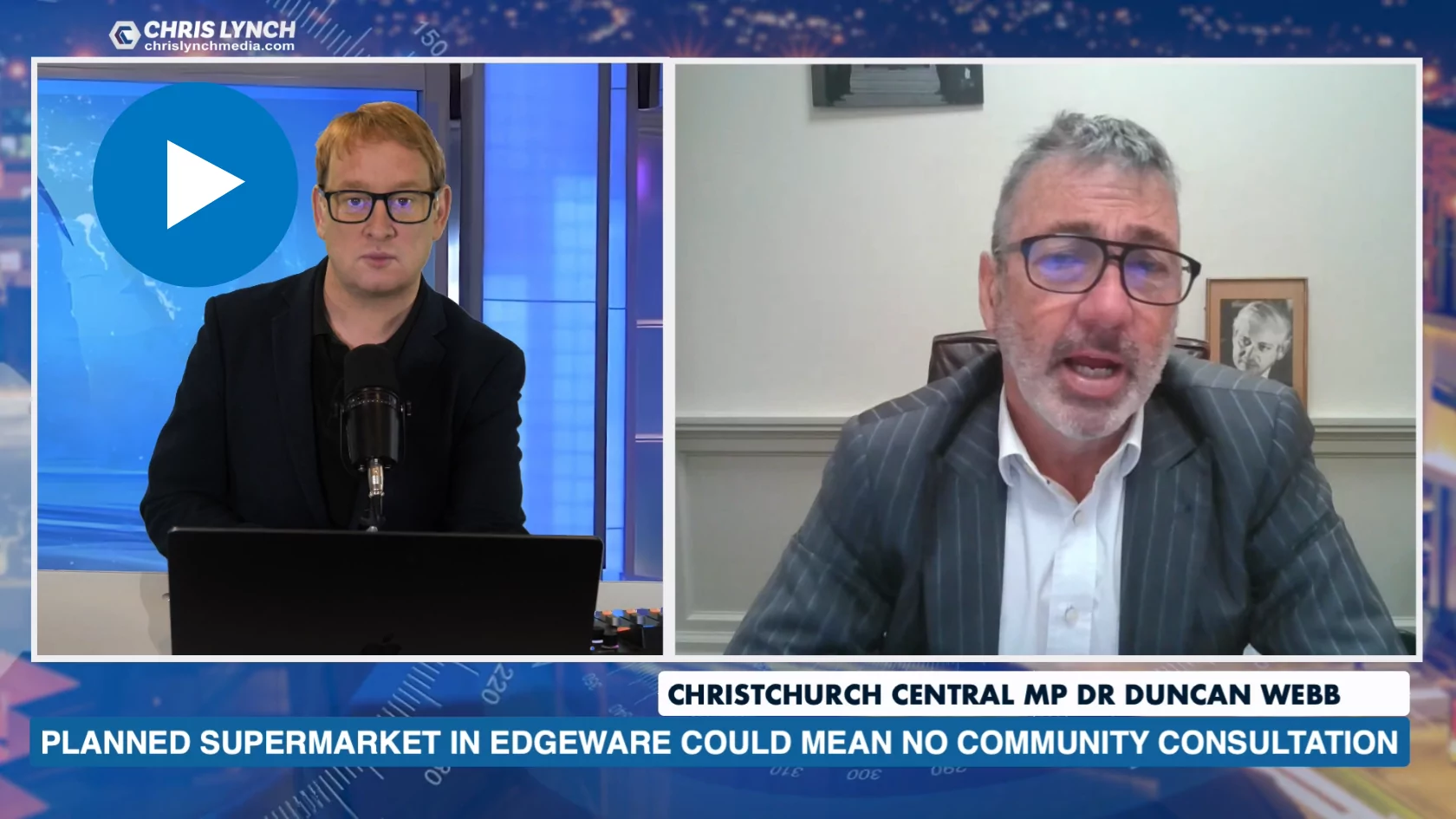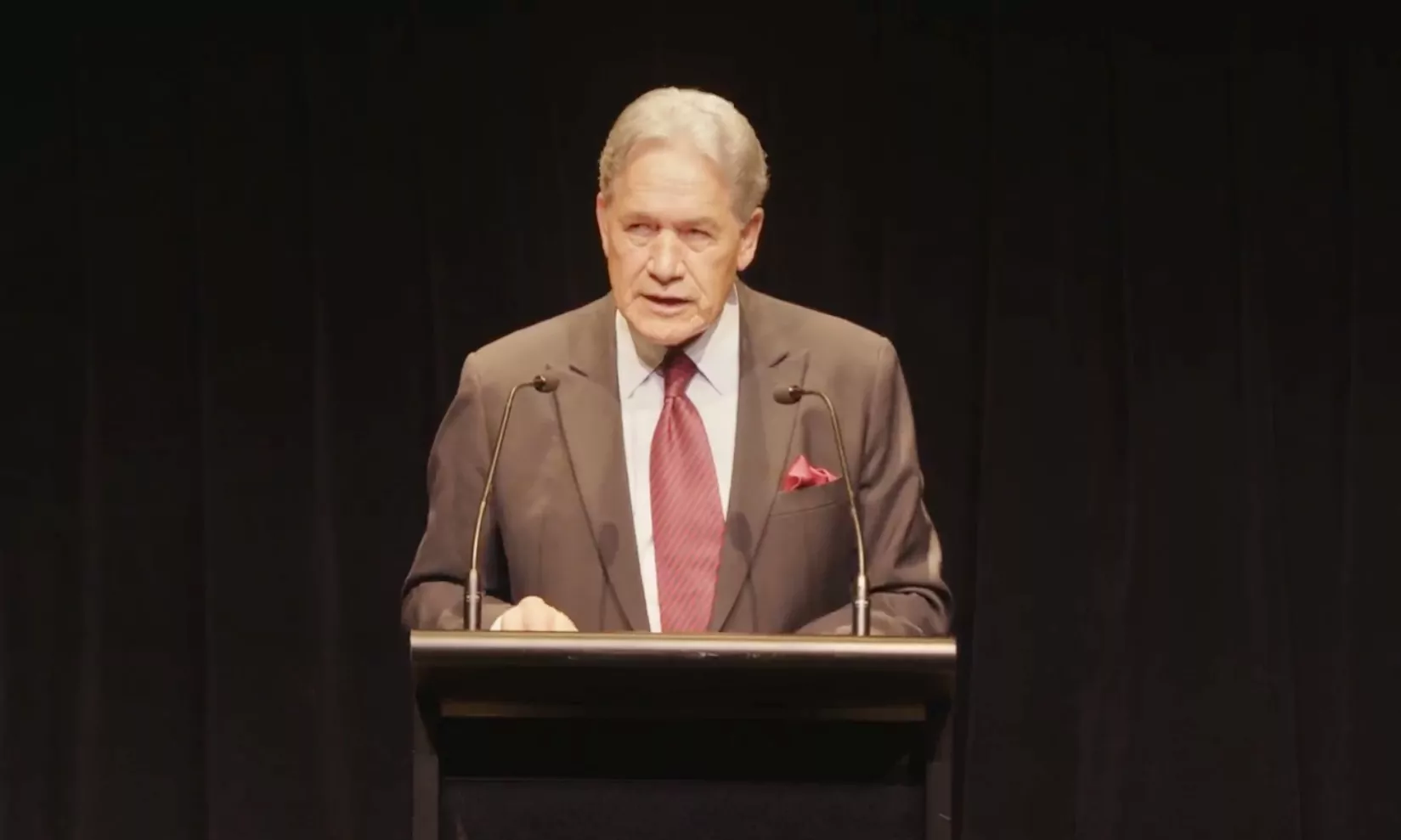Prime Minister Christopher Luxon has criticised former US President Donald Trump’s sweeping new 10% tariffs on imported goods from New Zealand, calling them harmful to the global economy and warning of broader economic consequences.
In an interview with Chris Lynch Media, Luxon said, “Tariffs and trade wars are not good for the global economy, not good for New Zealand, or frankly, for any country. We’ve always been a strong believer in the free flow of goods and services.”
While the 10% baseline tariff will apply to all New Zealand goods entering the United States, Luxon pointed out that other countries were hit harder, with some facing tariffs of up to 40%. “Our exporters are actually on a relatively level playing field, maybe even slightly better off than others,” he said. “The real concern is the uncertainty this creates—retaliation from other countries, impacts on global demand, currency shifts, and ultimately, inflation and economic growth.”
Despite the new tariffs, Luxon said New Zealand exporters remain optimistic. “I spoke with Zespri just yesterday. They still see real opportunity in the US market,” he said, adding that much of New Zealand’s growth with the US has come from the services sector rather than goods.
When asked whether the Government would respond with retaliatory measures, Luxon was firm: “No, we won’t retaliate. We believe in low tariffs.”
He warned that it would be American consumers who feel the real cost of the tariffs. “As the 10% tariff gets passed down the supply chain, it’ll drive inflation and increase prices for US consumers.”
Asked if he could understand Trump’s reasoning, Luxon said, “No, not at all. I’m a big believer in the free flow of goods and services. That model has served New Zealand—and the world—very well.”
He also said the situation could create “substitution opportunities” for New Zealand exporters elsewhere, thanks to the country’s network of free trade agreements. “Our exporters are agile and resilient. They know how to adjust,” he said.
Luxon added that recent trade missions to India, Vietnam, the UAE, and Europe were part of a broader Government push to strengthen access to diverse markets. “We’re out there building relationships and securing deals. That’s how we buffer ourselves from uncertainty like this.”
